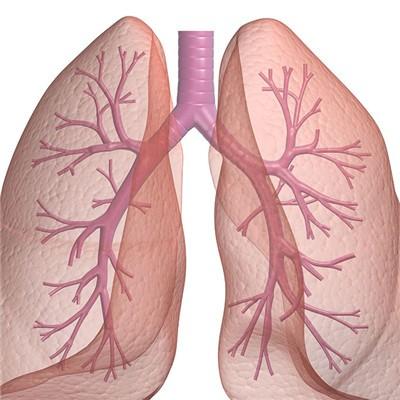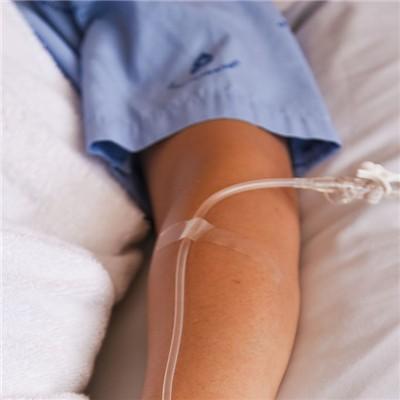What are the symptoms of PAP edema during pregnancy?
summary
Babbitt's fetal edema syndrome is one of the main causes of fetal and maternal death. PAP fetal edema syndrome is mainly caused by fetal edema. Fetal edema can also lead to fetal asphyxia and hypoxia. If the fetus is found to have PAP fetal edema syndrome, it must be treated in time. So what are the symptoms of PAP edema during pregnancy? Let's talk about it
What are the symptoms of PAP edema during pregnancy?
Fetal edema syndrome is a fatal fetal abnormality, which can be divided into immune and non immune. Fetal edema syndrome, which occurs in the early stage of fetus and infant, is characterized by a high degree of edema of the whole body's soft tissue, a large amount of fluid accumulation in the chest and abdominal cavity, enlargement of the heart, liver and spleen, severe cases leading to fetal death or hemolysis, nuclear jaundice and other symptoms after birth. Perinatal mortality is very high, and fetal edema, huge placenta, increased uterine tension, easy to cause pregnancy induced hypertension, postpartum hemorrhage and other serious complications.
Immune edema refers to the immune hemolysis of fetus or newborn caused by blood group incompatibility between pregnant women and fetus, which is a kind of blood group immune disease of the same family. It was mainly caused by the incompatibility of ABO and Rh blood groups. Although the fetus has its own protective mechanism, pregnant women still need to pay attention to regular prenatal examination, blood group antibody screening, B-ultrasound monitoring. It has been reported that the incidence of hemolytic disease caused by ABO blood group incompatibility is about 2 ~ 2.5%. Rh blood group incompatibility was 5%.
B ultrasound provides us with the most reliable and direct method. B ultrasound can see a large number of fetal chest and abdomen fluid accumulation, cardiothoracic proportion increase, liver enlargement, fetal scalp, various parts of the skin and subcutaneous soft tissue thickening, placenta enlargement, amniotic fluid increase, deformity and so on. In addition, we can further clarify the etiology through blood group antibody screening, children's blood examination, chromosome examination, virus detection, etc.
matters needing attention
In short, fetal edema is a more serious disease, once found, it is necessary to take immediate measures for treatment. If it is in the third trimester, it is best to take the way of caesarean section to save the life of the fetus. In addition, I would like to remind you that expectant mothers must go to the hospital regularly for examination.















